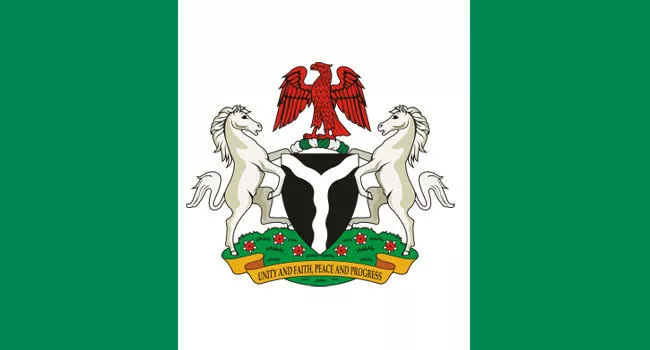Kazakhstan has released details of an agreement valued at USD75 million for a satellite manufacturing programme. The programme includes partnerships with Nigeria and the Democratic Republic of the Congo (DRC), marking a significant milestone in the nation’s developing space industry.
The partnership involves the development of remote sensing satellites for export to these African nations, forming part of a broader programme to construct six satellites in total.
Four will serve as optical Earth remote sensing satellites, while two will be radar satellites that use lunar radar technology to scan the Earth’s surface and provide three-dimensional spatial data.
Speaking at a Senate briefing, Malik Olzhabekov, vice minister of Digital Development, Innovation, and Aerospace Industry, revealed that the export spacecraft would cost between USD 70 million and USD 75 million.
“I’ll name the general range for these export contracts, as the specifics are, unfortunately, not for public disclosure under the contract’s terms,” he explained. “According to my estimates, the total cost of these satellites is between USD 70 million and USD 75 million.” Ghalam LLP, a joint venture 72 per cent owned by Kazakhstan Gharysh Sapary and 27 per cent by Airbus Defence and Space, will develop the satellites, with completion expected in 2026.
“We plan to complete our satellites by the end of 2026, and work on their creation is already in full swing,” the Vice Minister added. “The launch is expected in early 2027. The other three satellites will be ready between 2028 and 2029.”
The financial disclosure relates to agreements announced separately throughout 2025. In February, Kazakhstan signed an investment agreement with the Democratic Republic of Congo to develop and implement a high-resolution Earth remote sensing space system. Minister Zhaslan Madiyev announced a similar investment agreement with the Federal Republic of Nigeria to establish a high-resolution Earth observation satellite system in July. Mongolia also concluded a comparable agreement in 2024.
These agreements collectively represent what officials are now describing as export projects valued at USD 75 million, covering not only the export of Kazakhstani satellite systems but also training and capacity building for local specialists, joint development of digital solutions, and ongoing technical support.
The partnerships demonstrate Kazakhstan’s ambition to position itself as a global space leader whilst strengthening its international standing. The country currently operates five satellites: three Earth remote sensing satellites providing imaging of the planet’s visible surface, and two communications satellites responsible for radio signal retransmission, television broadcasting, and domestic communications.
Kazakhstan also hosts the world’s largest space launch facility, Baikonur Cosmodrome, making it a key player in the international space industry.
The recent agreements with Nigeria and the Democratic Republic of the Congo build upon Kazakhstan’s expanding presence across the African continent, where the Central Asian nation has been steadily developing strategic partnerships in space technology.
Kazakhstan’s African space diplomacy can be traced back to 2019 when Mr Malik Olzhabekov offered to run a one-month pilot programme for any sector of Zimbabwe’s Government’s choice to appreciate the services offered by satellite technologies.
This early outreach expanded to Egypt, where collaboration has flourished across multiple dimensions. In 2019 Kazakhstan expressed interest in developing small satellite programmes with the Egyptian Space Agency. The partnership has yielded practical results, with Egypt already utilising images from Kazakh satellites for various applications.
The cooperation extends to launch services, as Egypt’s EgyptSat-A was launched in 2019 from the Baikonur Cosmodrome. Beyond technical collaboration, Kazakhstan’s expertise has influenced African space governance, with Kazakhstan’s 2012 Space Law serving as a model for Egypt’s draft space legislation. In 2023 Ambassador of Kazakhstan Khairat Lama Sherif met with Egyptian Space Agency CEO Dr Sherif Sedky to discuss expert knowledge exchange and potential areas of collaboration through the Embassy of the State of Kazakhstan in Cairo.
In 2025, Rwandan President Paul Kagame and Rwanda Space Agency CEO Gaspard Twagirayezu visited top Kazakh space officials at the National Space Centre in Astana.
During this high-level engagement, Rwanda’s delegation received a live demonstration of Kazakhstan’s satellite control room, showcasing the nation’s real-time satellite management capabilities.
These partnerships highlight Kazakhstan’s comprehensive approach to space cooperation, encompassing not only satellite manufacturing and launch services but also regulatory frameworks, technical training, and knowledge transfer across the African continent.











